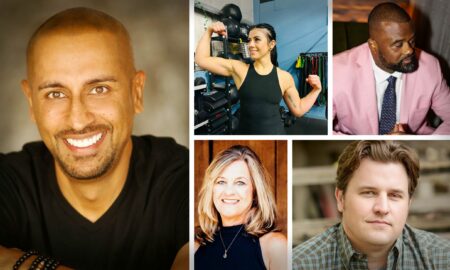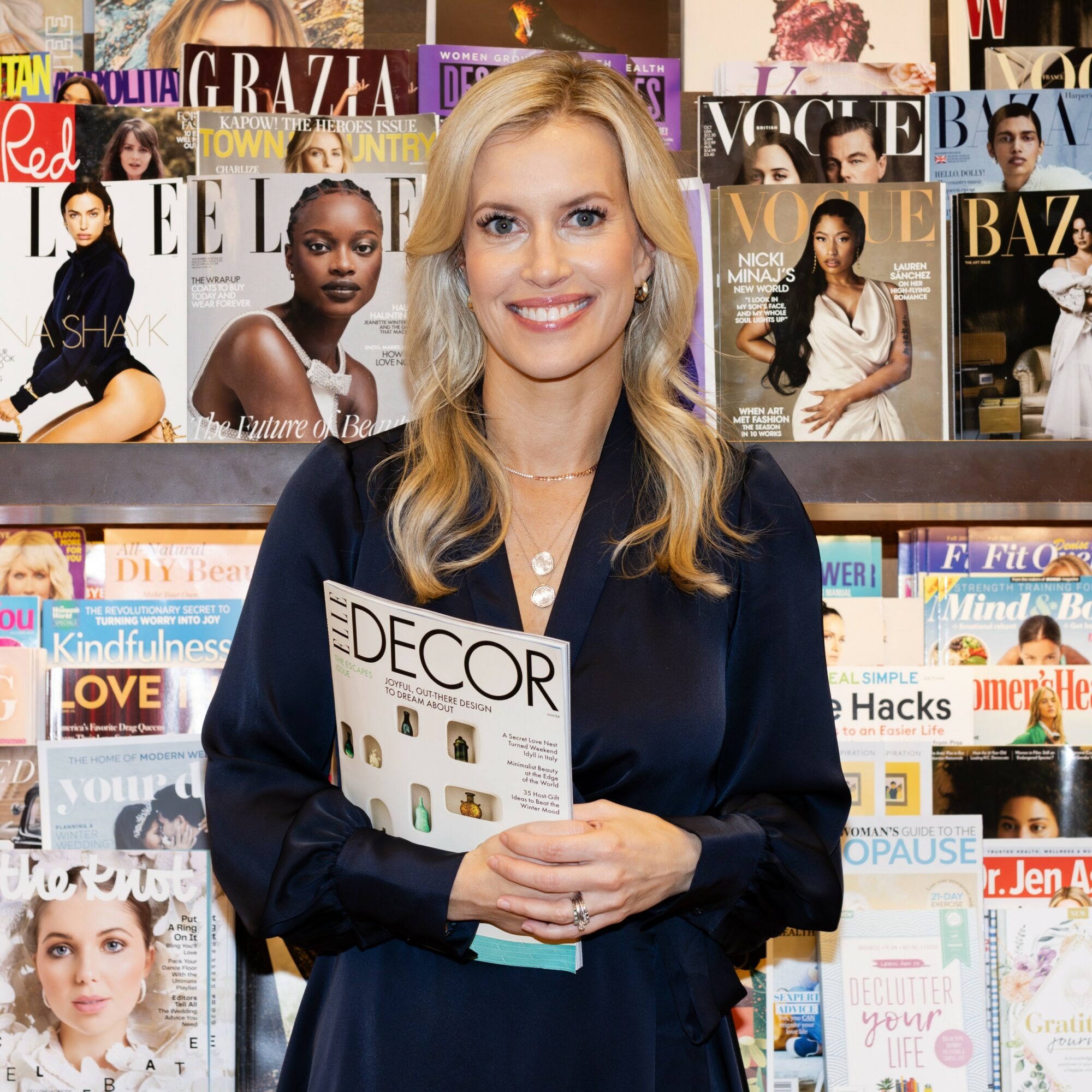

We’re looking forward to introducing you to Amy Jackson. Check out our conversation below.
Amy, it’s always a pleasure to learn from you and your journey. Let’s start with a bit of a warmup: What are you most proud of building — that nobody sees?
I have been in the PR industry since I graduated from college. I’ve worked in agencies, corporate, and ultimately decided to start my own boutique agency in 2021, right after we were coming out of the pandemic, when journalism played such a critical role in providing timely information as so much was changing in the world, from supply chains to vaccines.
That really inspired me to build an agency that was tailored towards founders and innovative brands that had interesting stories behind their companies. Ultimately, that led to building out a team of nine women with very different experiences in their own careers across the country.
Now we have the pleasure of working with brands that are highly collaborative and understand the value of PR to build credibility with their customers, partners, investors, and other stakeholders. These brands come to us for strategy and execution and a partnership that leads to wins in the short term and the long term.
What makes TaleSplash different and special is that we truly believe in the brands we work with. In many cases, we use them ourselves. Many of the women on the team are either mothers or going through different life experiences or health challenges the founders we work with are addressing.
We really love to work with female founders. We also love to work with brands in health, safety, and family. We really bring that passion and that personal investment to the relationships we have with our clients. We find that when they bring us in and really have us become part of their team, those usually become the most fruitful relationships with the best results.
Can you briefly introduce yourself and share what makes you or your brand unique?
I’m Amy Jackson, the founder and CEO of TaleSplash, a PR agency that specializes in helping health, safety & family-focused brands earn validation from journalists which gives customers, partners and investors confidence in their products and services.
Appreciate your sharing that. Let’s talk about your life, growing up and some of topics and learnings around that. What was your earliest memory of feeling powerful?
I grew up as the middle child of three daughters. We all played sports and spent every summer on a swim team. I went on to play a variety of sports, including softball, volleyball, and track, and those early experiences made me feel powerful.
It wasn’t necessarily about being the best player on the team, because I certainly wasn’t. I was very average. But I felt strong.
In high school, when I swam four laps of butterfly, I felt really empowered because I was doing something most people chose not to do. It was not a popular stroke. It’s not an easy one, but I loved that feeling of flying through the pool. I saw an opportunity to be the one to embrace butterfly.
Same with track. I was in junior high. I remember I was pretty good at running the 800, which is two laps, I believe. It was the right pace for me. It wasn’t too fast, it wasn’t too slow. It was right in the middle and I did really well and I got a medal.
I think those early lessons from sports taught me that it’s not about being the best—it’s about showing up and supporting your team.
It’s also about finding your niche, discovering the things you love that others might not, and realizing those are often the things that lead to winning, even if that’s not always the plan.
When did you stop hiding your pain and start using it as power?
I had an experience when I had my first baby where I thought I could just be a supermom and go right back to work after a very quick maternity leave.
My baby went to daycare at 4 months old and I went right back to work thinking it would be the same. I really struggled and felt guilty and torn between not being able to say yes to every opportunity anymore, not being able to go on every trip, and also only seeing my baby right before bedtime or first thing in the morning during the week.
I was torn between wanting to be at work and questioning whether it was the right thing to do, which was painful for me.
What I learned from talking to other parents at work—both moms and dads—is that all of these chapters of parenting are very temporary. The way you feel in that moment isn’t going to be the way you feel forever.
Your situation is going to change. Your child’s situation is going to change, whether it’s their child care arrangements or their school schedule or what they need from you, whether they’re a baby or a toddler or an older child or a teenager. There’s so much change that you don’t want to put so much pressure on yourself to get it perfect.
I also was encouraged to be open with my own team that I was managing at the time to be vulnerable and not try to act like superwoman because it was actually intimidating to try to be this perfect mother and leader at the company.
All of that great advice from other parents that inspired me to start telling the stories of mothers. So for about 3-4 years, I wrote blog posts about moms in either corporate life or as entrepreneurs and what their day-to-day life was like because I felt we all benefited from other parents sharing their stories.
That was really before motherhood became such a popular topic as it is now. There weren’t a lot of stories and there wasn’t a lot of transparency into the life of a working mother when I had my first baby.
Now things are very different and there are moms all over social media and traditional media and podcasts talking about motherhood and the challenges of working and raising a family. It’s been nice to see that happen because it’s so much more openly discussed now.
Sure, so let’s go deeper into your values and how you think. What’s a cultural value you protect at all costs?
A cultural value I protect at all costs is the importance of having a life outside of work. Whether that’s your relationships or your interests or taking care of your body.
I think it’s really important to not be ruled by your work day. I always worry about people that are literally working around the clock. I don’t think it’s healthy.
I think the best ideas come from staring into space, being in the shower, working out, or going on a walk. Not looking at your computer is when your best ideas come or solutions to problems. That’s usually when things kind of start to solve themselves.
I think it’s really important that my team has the time outside of work to have a life that will only enhance the time that they spend at work.
I also still believe in a remote work arrangement. I know a lot of companies have returned to the office, and while it’s fun to be together, to me it’s more social and less about productivity. I think my team is actually more productive by working remotely.
Thank you so much for all of your openness so far. Maybe we can close with a future oriented question. What are you doing today that won’t pay off for 7–10 years?
Outside of work, spending time with my children is something that will really pay off in 7 to 10 years when they are out in the world as young adults making decisions and pursuing their own careers.
It can be hard to see that you’re making this investment in your children a decade before they become adults.
However, I believe that it will happen because I see it happen with friends of mine that have older kids now and family members that are sending their kids off to college.
Contact Info:
- Website: https://www.talesplash.com/
- Instagram: https://www.instagram.com/talesplash/
- Linkedin: https://www.linkedin.com/company/talesplash
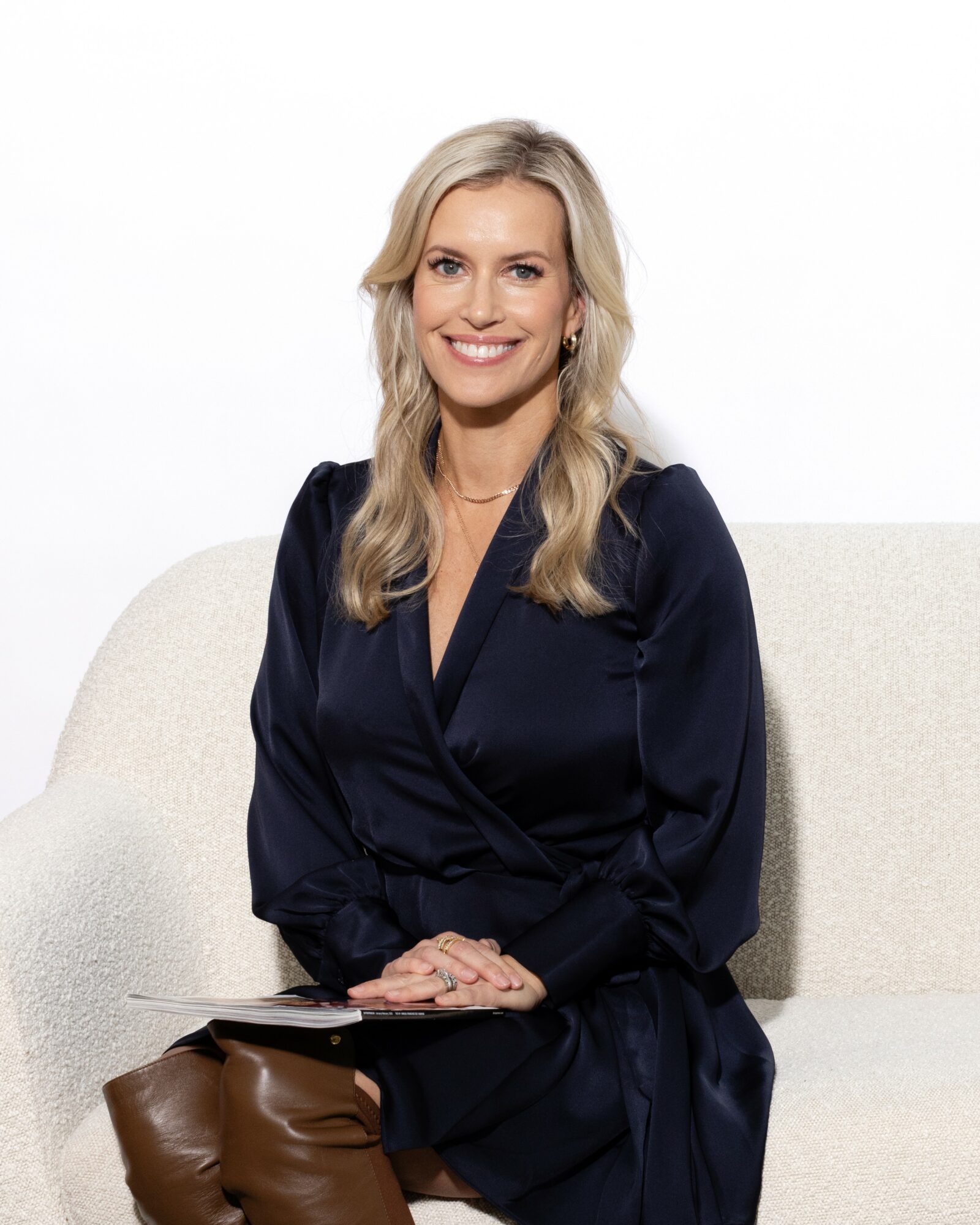
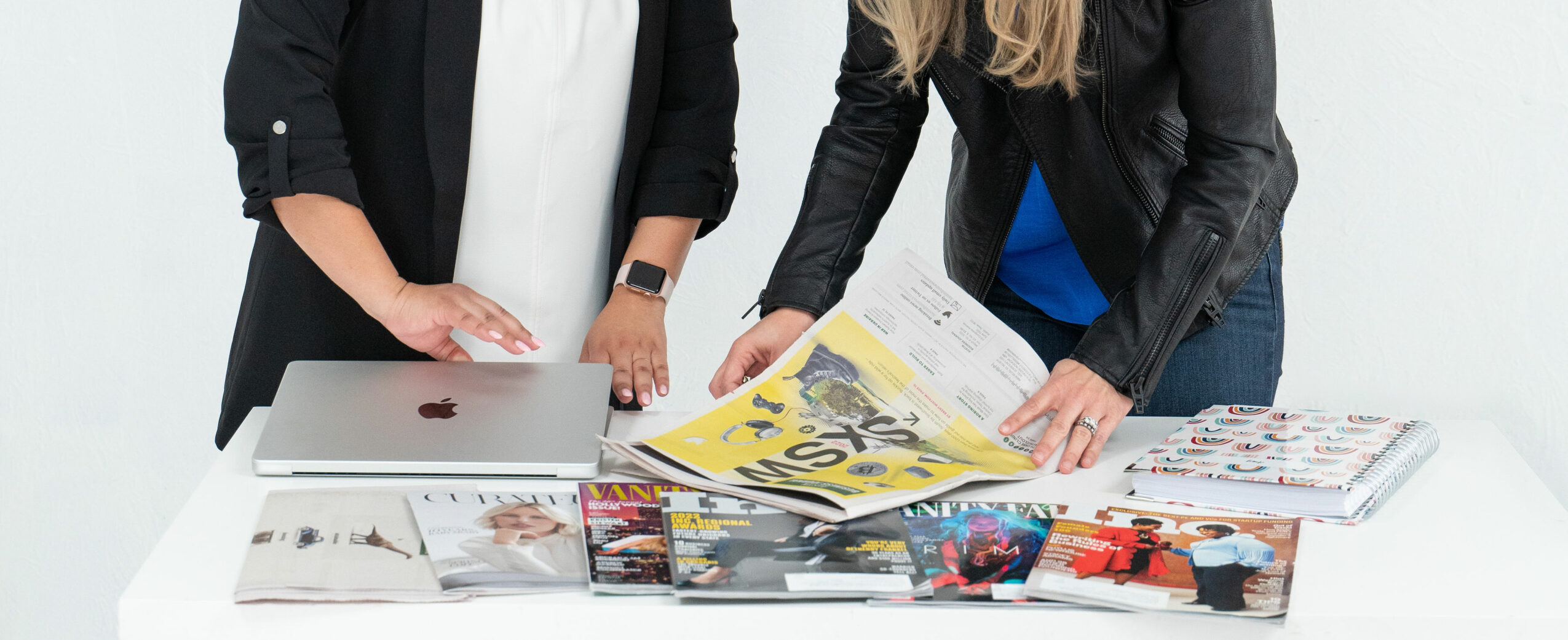
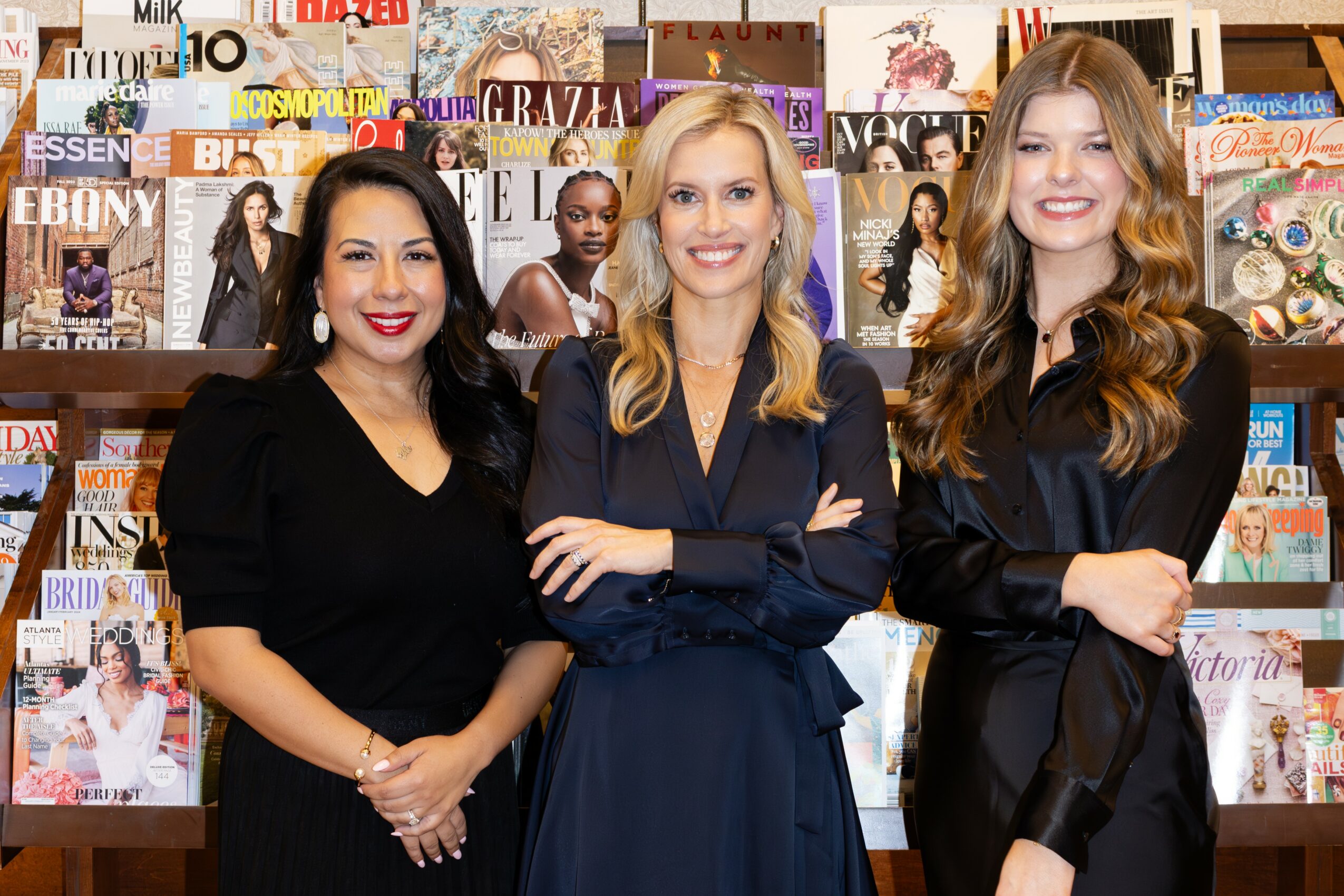
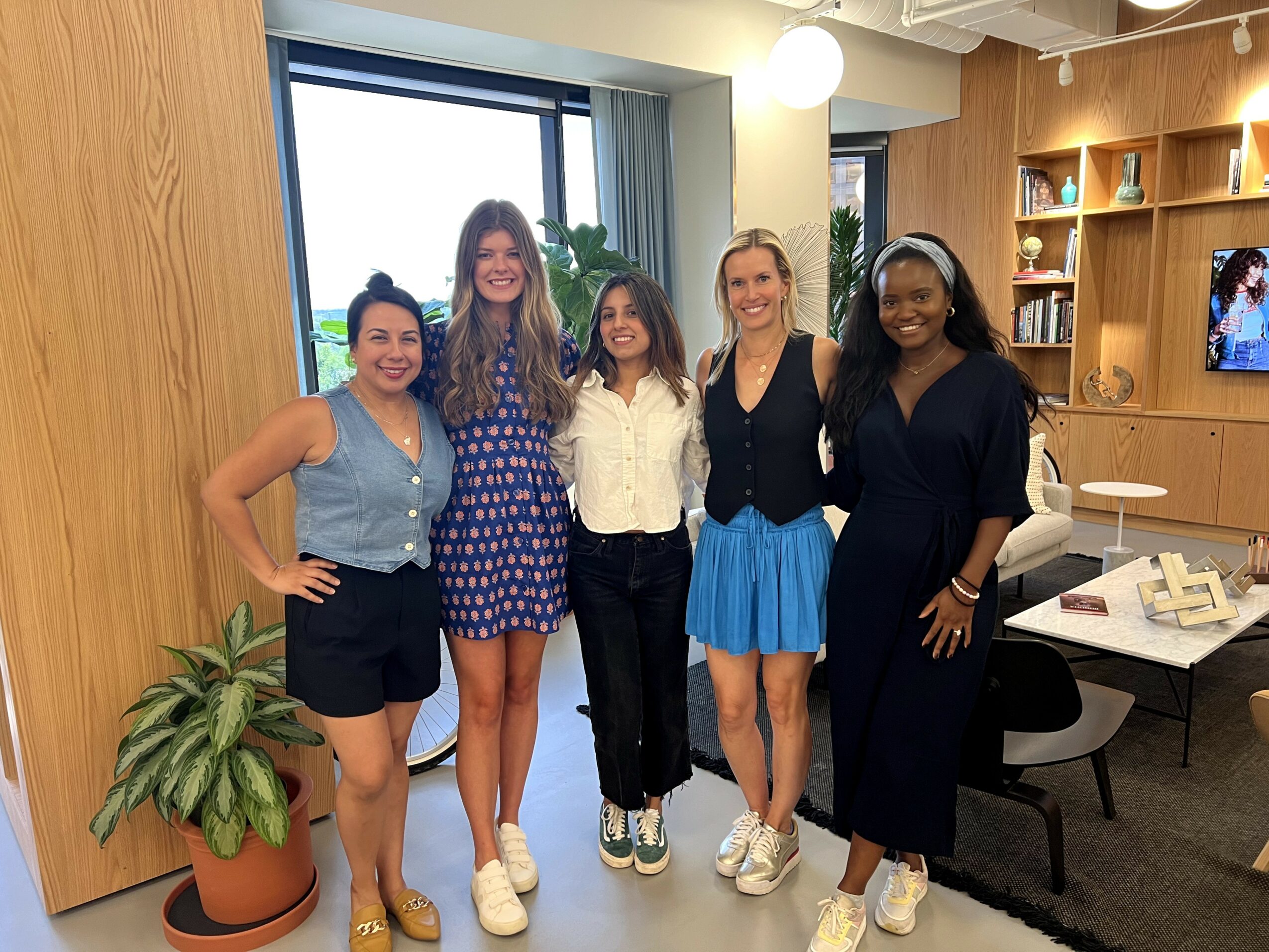
Image Credits
Paige Newton Photography

